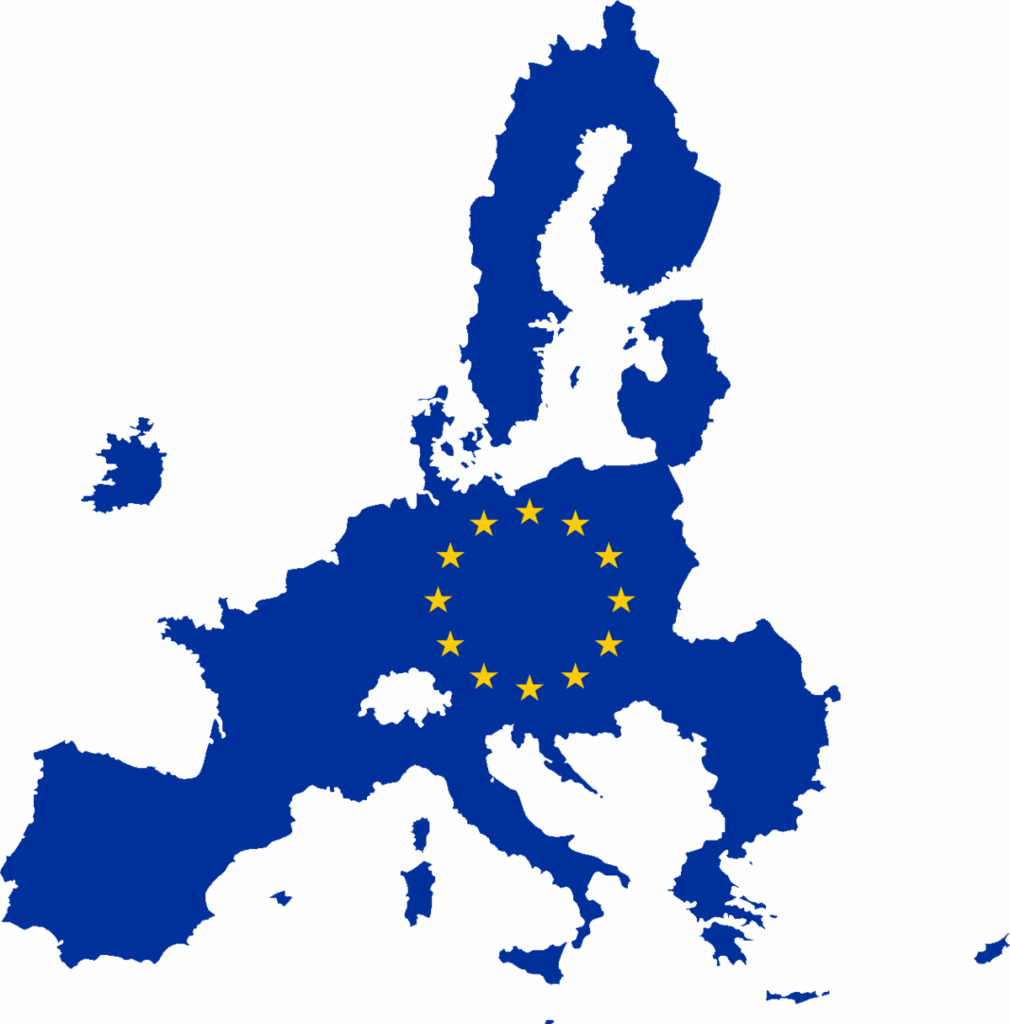Food companies’ commitment to market their products responsibly blatantly fails to protect European children from ads praising unhealthy foods. That is the outcome of a snapshot survey the European Consumer Organisation (BEUC) and ten of its member organisations carried out in spring 2021 as part of a project initiated by Professor Amandine Garde of the University of Liverpool. With ample evidence that industry self-regulation of food marketing to children is not working, the consumer groups advocate for binding EU rules.
Obesity and overweight affect one in three children in Europe. Numerous institutions – including the World Health Organization – have recognised the strong influence marketing of unhealthy foods exerts over children’s eating behaviours.
However, there are no binding EU-wide rules to rein in food marketing to children. The only safeguard is a voluntary initiative by major food companies – called the EU Pledge – to restrict their marketing. But consumer groups’ snapshot released today sheds light on the Pledge’s flaws:
- Nutritional criteria are too weak – the products deemed acceptable to be marketed to children are much higher in nutrients of concern than independent public health authorities recommend.
- Popular TV shows slipping through the net – despite the huge rate of children in the audience.
- Rules underestimate the significant exposure and powerful marketing tactics used both in the digital and physical worlds.
- Companies get away with breaching their own rules – the EU Pledge complaint process is too slow, obscure, inconsistent, and lenient.
In light of such glaring shortcomings, consumer groups call for:
- An online ban for the marketing of unhealthy food products, including food company websites and social media accounts.
- A 6am-11pm TV watershed to stop the broadcast of unhealthy food advertising when children watch TV the most.
- A ban on the use of marketing techniques appealing to children on food packaging (e.g., cartoon characters and brand mascots).
BEUC action in short:
Between February and March 2021, BEUC and 10 member organisations collected examples of unhealthy food marketing. They selected those deemed to be infringing leading EU food and beverage companies’ commitment to market their products responsibly towards children – the ‘EU Pledge’.
They brought these cases to the EU Pledge ‘Accountability Mechanism’ put in place to allow for the public to report any breaches. At the time of finalisation of the report (15/09/2021), out of 81 complaints submitted, only seven complaints have been upheld by the EU Pledge, seven marketing posts have been withdrawn by companies, and one case is still pending (over six months after we filed our complaint).
Food companies resort to an increasing array of effective techniques in the digital world, e.g. social media influencers praising their products, sponsoring online competitions, or TV ads during prime time programmes with a high children audience. The offline environment is also widely exploited by food companies to target young people, such as via ads nearby locations visited by children, sports sponsorships, or products placed within children’s reach in supermarkets.
Photo: ©Bertlmann via Canva.com





